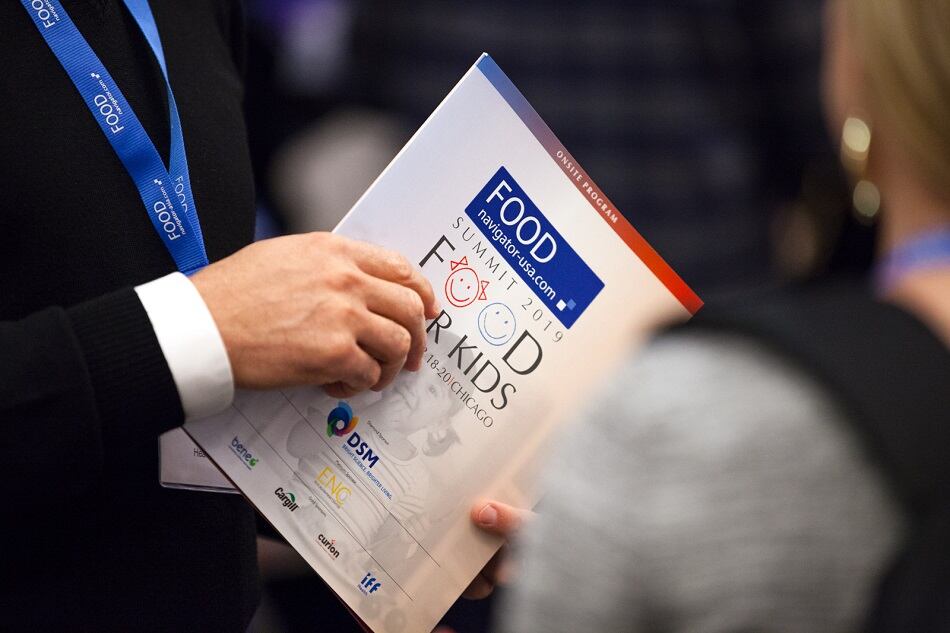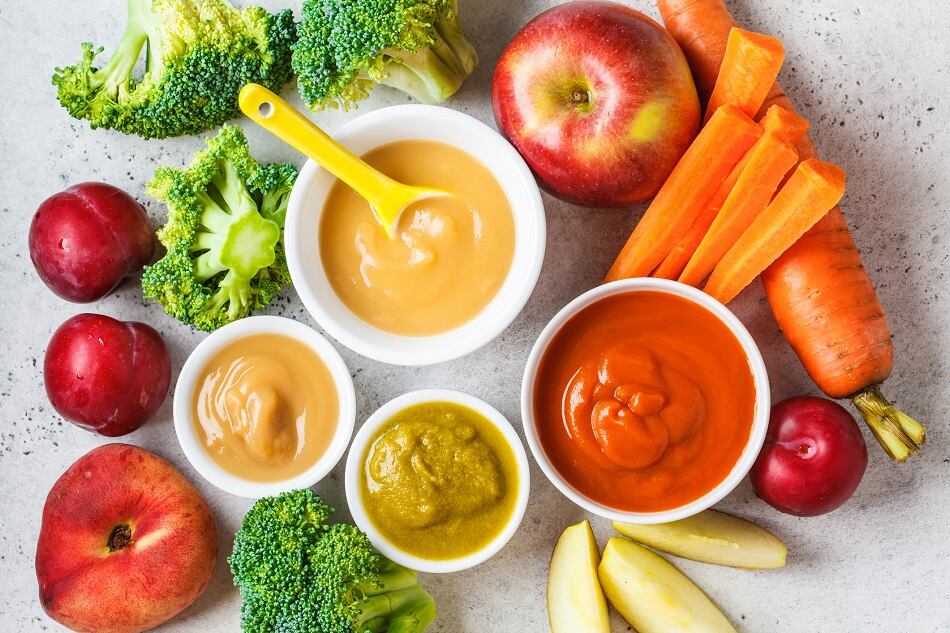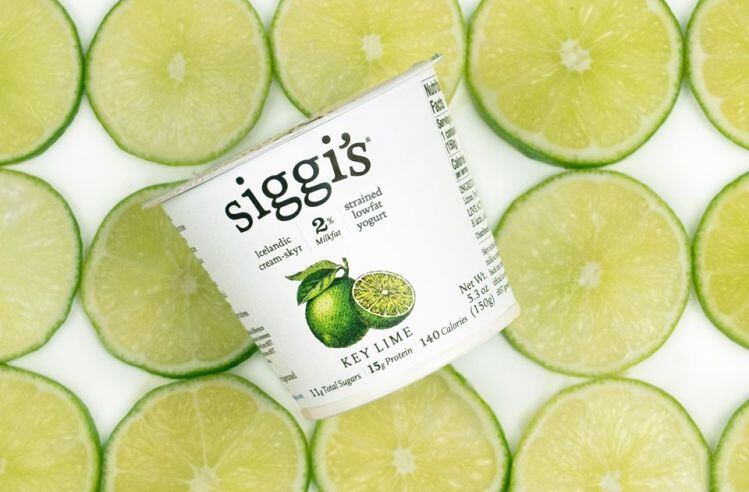Their research, published in the journal Appetite, suggests that exposure to vegetables at a young age means actually tasting them in the foods they eat, challenging the ‘stealth health’ strategy of sneaking vegetables into foods many parents find successful.
For the liking of vegetables to be learned, the flavors from the vegetables must be perceptible within the mixture, explained Alyssa Bakke, staff sensory scientist in Penn State's Department of Food Science.
"If true, this new work is key because it shows that current commercial products on the market fail to meet this need, as they cover up and hide the flavor of vegetables -- even when vegetables are on the ingredient list," said research team lead, John Hayes, associate professor of food science at Penn State.
"If parents don't stop and taste these foods themselves, the front of the package may lead them to think these products taste like vegetables rather than a fruit puree."
Research shows that even with the large amount of baby food and kids products on the market that purport to contain some vegetables (commonly in the form of puree mixed with fruit ingredients), many children’s diets are severely lacking in vegetable consumption.
According to the latest update to the Nestlé Feeding Infants and Toddlers Study (FITS) in 2018, more than a quarter (27%) of toddlers and preschoolers aren’t eating a single serving of vegetables on a given day and of those who do, french fries are the most common vegetable consumed.
Among the products containing vegetables that are available to parents, there’s a void in variety of nutrient-dense vegetables. According to the study’s researchers who conducted a recent survey of commercial baby food products, there was not one commercially-available single, dark green vegetable product. Instead, dark green vegetables often were mixed with fruits or red/orange vegetables -- such as squash -- that provide additional sweetness.
Testing sensory properties of baby foods
Researchers performed descriptive analyses to quantitatively profile the sensory properties of 21 commercial vegetable-containing infant foods and one prepared in their laboratory. Eleven experienced adult panelists, after 14 and a half hours of training, rated all 22 products -- in triplicate -- for 14 taste, flavor and texture attributes.
Panelists found that products containing fruit not only were sweeter than products that did not contain fruit but also were higher in fruit flavors and lower in vegetable flavors. In general, sensory profiles were driven by the first or majority ingredient in the product and because few products had dark green vegetables as a first ingredient, dark green vegetable flavor was not prevalent.
"This suggests the sensory profiles of commercially available infant vegetable foods may not be adequate to facilitate increased acceptance of green vegetables," Bakke said. "This is a huge concern right now -- how can we promote the liking of vegetables? From infants to adults, people tend not to like vegetables."
Preferring and liking the taste of vegetables is a learned behavior, added Bakke.
"The number one way we do that is just repeated trial -- trying it over and over and over again. If this is done early on, we can prepare people to have a liking for vegetables throughout their whole lifetimes."
Check out the highlights from FoodNavigator-USA’s FOOD FOR KIDS summit last year, an event which dove into the nutrition and sensory science and market research of the kids food category.



